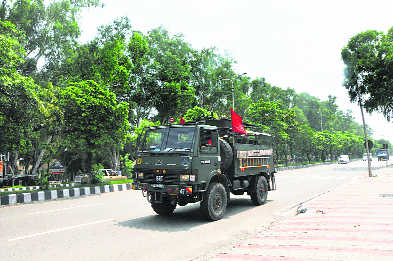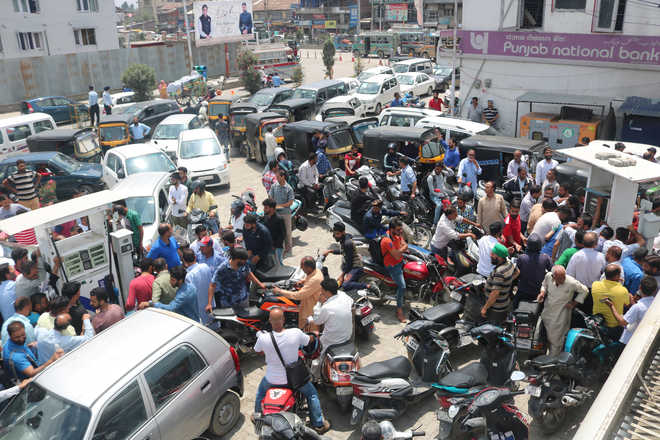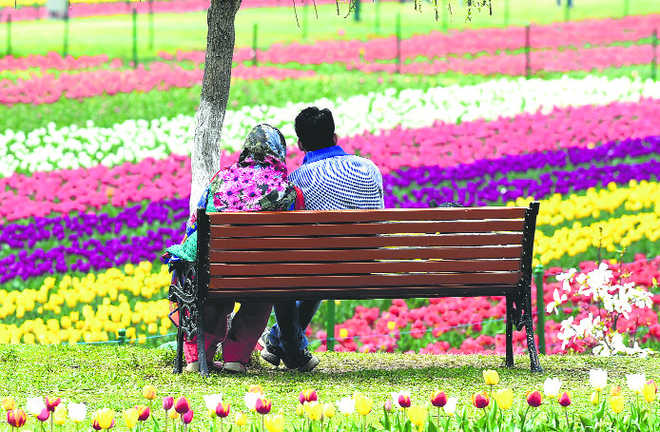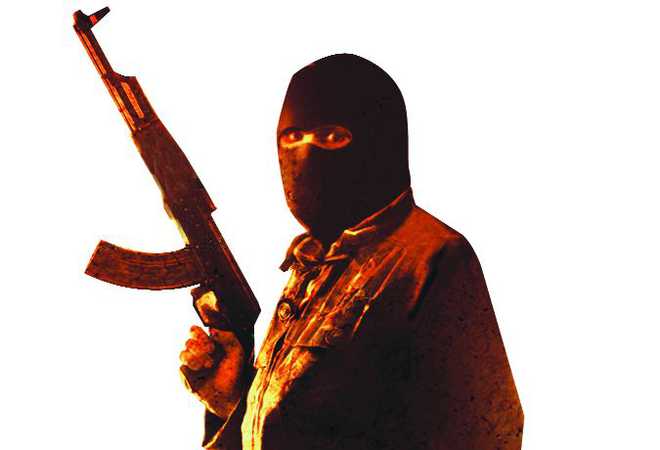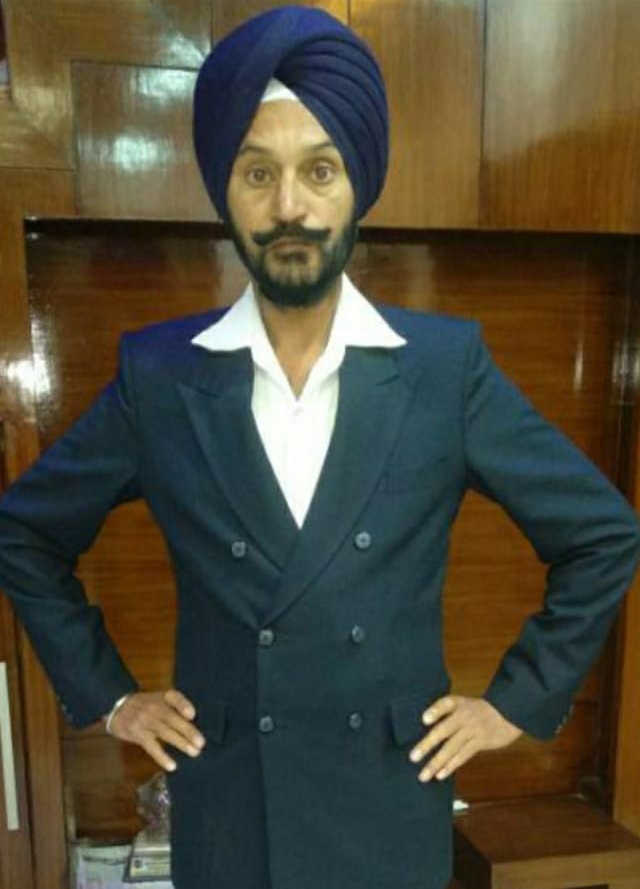It will help integrate the state. But for this, the Centre must now reach out to Kashmiris
In a historic and bold move, the Union government has redefined the status of Jammu and Kashmir (J&K). Home minister Amit Shah announced, in Parliament, on Monday, the end of the state’s special status through a Presidential notification. Article 370 and Article 35A have been rendered ineffective. He also introduced a bill to reorganise the state. J&K will now be a Union Territory (UT) with a legislature; Ladakh will be a separate Union Territory without a legislature.
Three distinct strands have dominated the debate on Kashmir. One is the “separatist” strand, which gained currency through the use of terrorism. This school held that J&K must become independent, or merge with Pakistan. India has been correct in resoundingly rejecting this view. J&K has, and will, remain an integral part of the country.
The second view, which can be called the “autonomy” approach, sought distinctive treatment. This was based on the special circumstances of J&K’s accession. But this did not really address the increasing alienation in the Valley, or the problem of cross-border terrorism emanating from Pakistan. It also left all sides dissatisfied. Kashmiri political elite felt that the state did not have enough autonomy; many in the rest of the country were resentful that it had more autonomy than other states. Worse, it seemed to come in the way of development of the state in all aspects — social as well as economic.
The third view, represented by the Bharatiya Janata Party (BJP), was the “integrationist” approach. This strand held that giving autonomy to J&K was the original mistake. Not only should special constitutional provisions be removed, the Indian State must assert its authority in full. The BJP weaved this into its manifesto, and won the elections.
On Monday, the integrationist approach won. This opens up possibilities. Kashmir, for too long, has been behind the development curve. It has been engulfed by political violence, become a playground for Pakistan’s military and spy agency, and, religious radicalism. Status quo has now been broken — and all observers must concede that status quo was not helping. The application of progressive Indian laws in the state; the creation of mechanisms to implement the Centre’s welfare schemes in the state; the ability of Indians from the rest of the country to invest freely and buy property in Kashmir; and the opening up of economic opportunities will all help in cementing Kashmir with India more substantially.
At the same time, the Centre’s moves merit criticism on two counts.
The first is due process. The process of revocation of Article 370, which ties the state with India, needed the approval of J&K’s Constituent Assembly. In the absence of such an assembly, it can be removed with the concurrence of the state legislative assembly. But the assembly does not exist at the moment either, and the notification suggests that it was the Governor’s concurrence that was obtained to render the provisions irrelevant. This is clearly not sufficient. The process has been pushed through without consultations with Kashmir’s political leaders, who have been under detention. Further, the reorganisation of states requires the consent of the state assembly concerned. In this case, J&K has been bifurcated, and statehood diluted to UT status, without any deliberations in the assembly. This throws up an important question — Can the end justify the means? Can the Centre undermine the federal structure?
The second concern is the mood on the ground in Kashmir. Like all Indian citizens, Kashmiris seek greater democracy. Elements keen to destabilise India would seek to build a narrative that Delhi is taking away powers from the local level. It is important that the process of turning the state into a UT does not lead to alienation.
The government can mitigate these risks by launching a comprehensive outreach programme to all Kashmiris. While it must remain on guard to ensure Pakistan, and radical militants, do not take advantage of the situation, it should simultaneously engage in dialogue with Kashmiri political actors, civil society, media, citizens and allay their apprehensions. The Centre must show to Kashmiris that its intent of removing the special status is to create more opportunities, and prosperity. Only then will the gamble by Narendra Modi and Amit Shah pay off.





















































